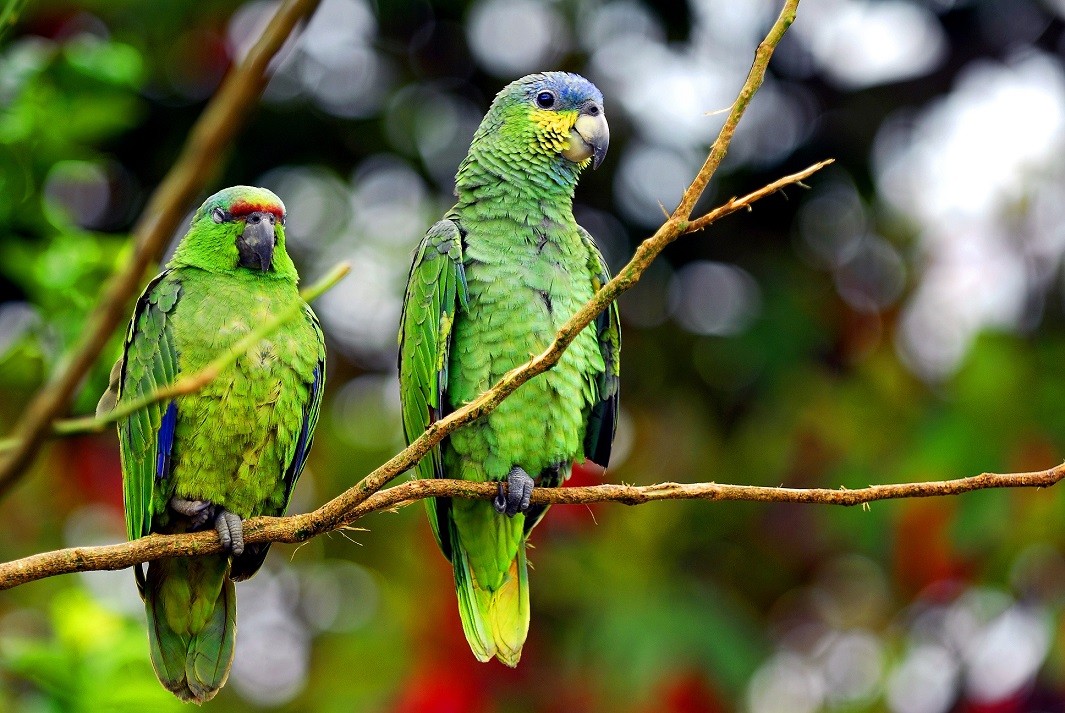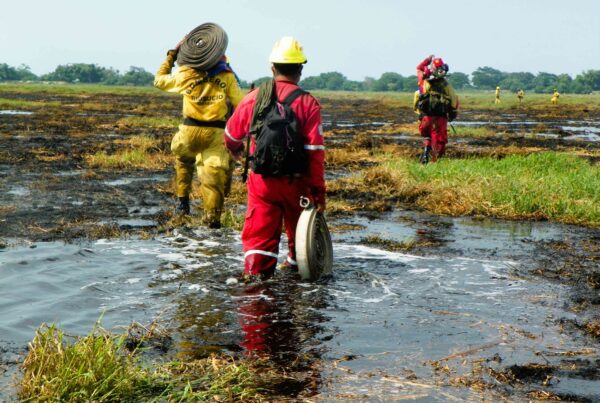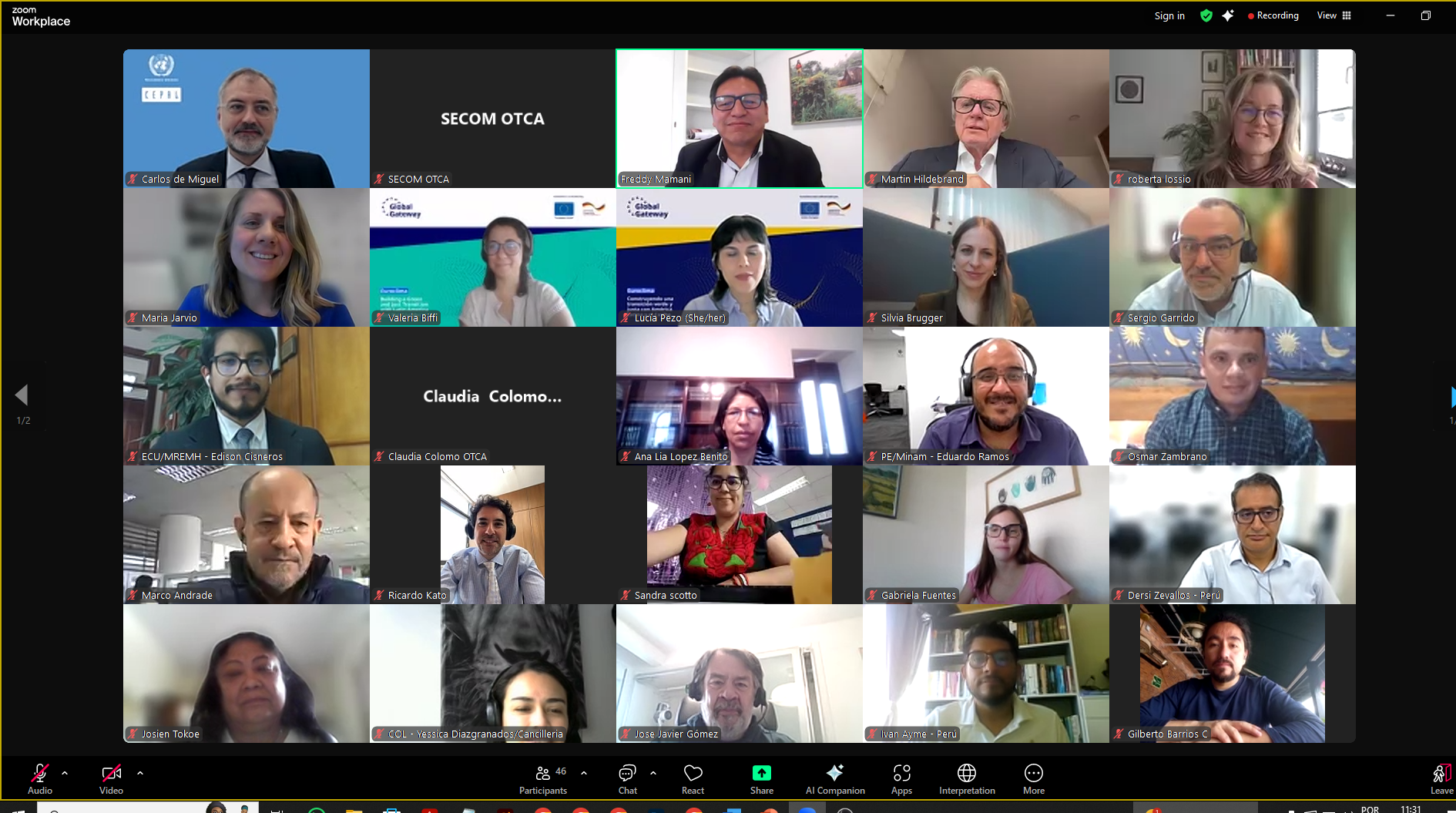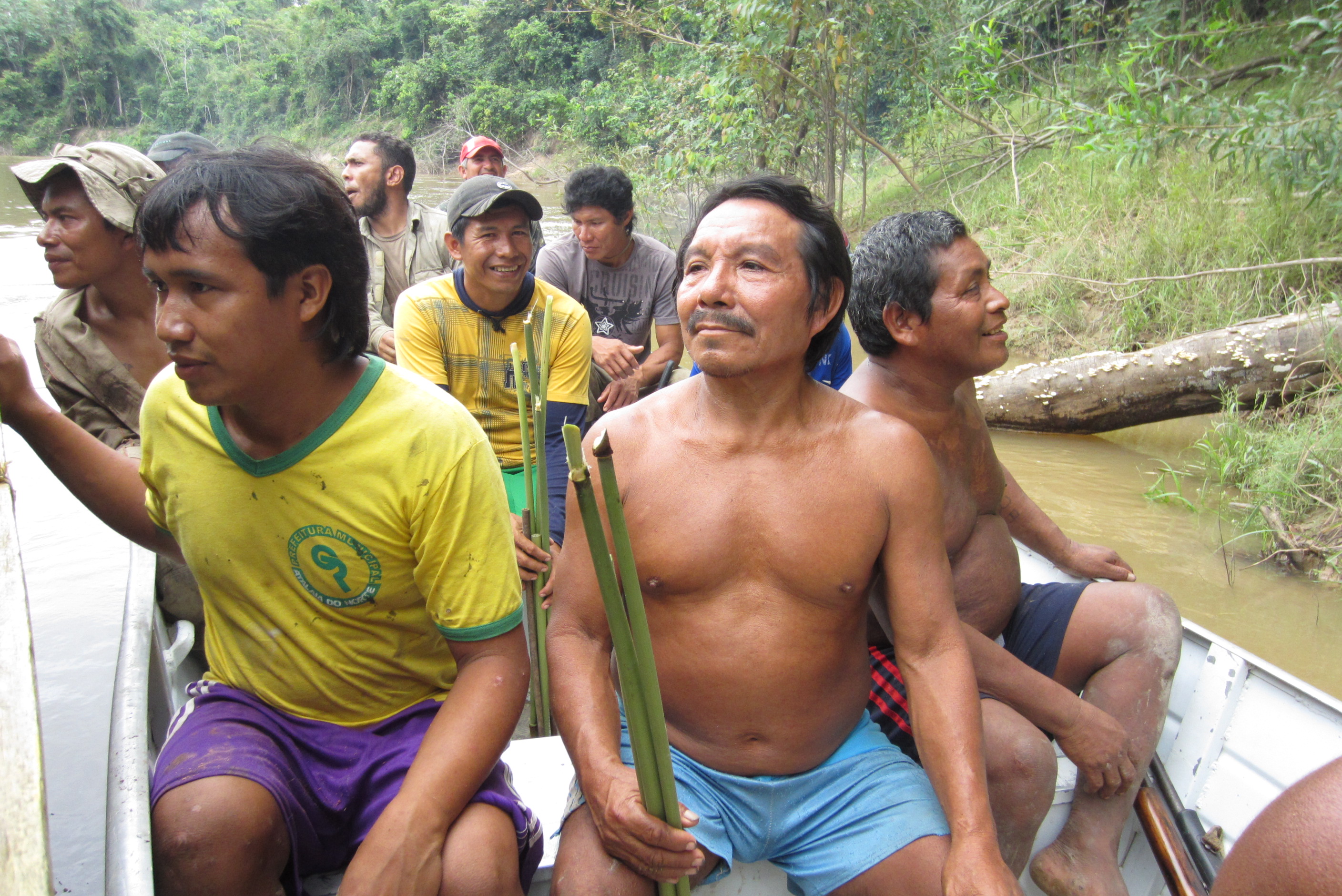November 22, 2016.-Efforts to conserve and use sustainably Amazonian biodiversity will benefit from a new project making use of innovative tools to ensure legal trade in wildlife and combat trafficking of species. The Regional project to manage, monitor and control wild fauna and flora species endangered by trade (Project KfW) aims to contribute to conserving Amazonian biodiversity by increasing the efficiency and effectiveness of management, monitoring and control of wild fauna and flora species threatened by trade in ACTO Member Countries.
Composed of three inextricably linked but separate components, the Regional project will: 1. Enhance and strengthen national and regional information and knowledge management systems; 2. Assist in the regional harmonization and strengthening of national electronic permitting systems; and, 3. Strengthen sustainable management initiatives and traceability mechanisms for Amazonian species. Each separate component foresees a number of activities to assist ACTO Member Countries to better manage and monitor their wildlife and also to more effectively implement the Convention on International Trade in Endangered Species of Wild Fauna and Flora (CITES).
Speaking at the launch of the Regional project, Ambassador María Jacqueline Mendoza Ortega, Secretary General of ACTO, stated that “This project provides ACTO Member Countries with many unique opportunities in the use of new technologies to combat illegal trade in wildlife but also contribute to the conservation and sustainable use of our rich biodiversity”. She added that “One of the exciting strategic elements of this initiative is the provision to ACTO Member Countries of support for the acquisition of equipment facilitating the successful implementation of the many planned activities”.
In his comments about the Regional project, Mr. John E. Scanlon, CITES Secretary General stated that “It is our belief that this project will make positive contributions to the management and control of trade in CITES-listed species. The use of new technologies by countries in the region will help ensure that trade in CITES-listed species remains legal, sustainable and traceable”.
The Regional project is funded by the German Development Bank (KfW) and has an expected timeline of 5 years from inception to completion. However, all activities are being designed and will be implemented to be self-supporting in the long-term.
Finally, the Regional project aims to work closely with the CITES Secretariat and other regional and international organizations, including UNEP. Such collaboration will ensure that the Regional project is in line with the many Decisions and Resolutions adopted at the recent CITES Conference of the Parties and that it also assists ACTO Member Countries to achieve the new Sustainable Development Goals.
Source: OTCA



